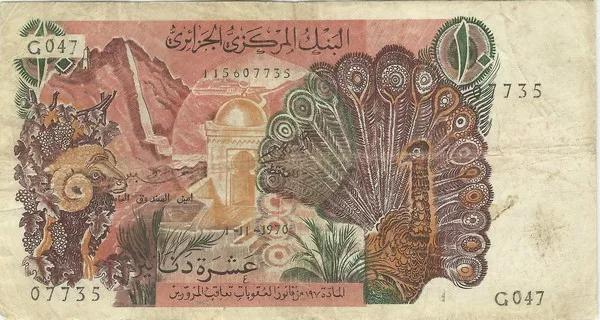Algeria, located in North Africa, is a country rich in history, culture, and natural resources. As the largest country on the African continent and the 10th largest in the world, Algeria boasts a diverse landscape that includes the Sahara Desert, mountain ranges, and a Mediterranean coastline. This article aims to provide a comprehensive overview of what kind of country Algeria is, focusing on its people, culture, and economy.
People and Society:
Algeria is home to a population that reflects a blend of Arab-Berber influences, shaped by centuries of history and conquests. The majority of Algerians identify as Arab-Berber, with Arabic and Berber (Tamazight) being the official languages. The country also has a rich linguistic and cultural diversity, with French being widely spoken and used in government and education.
The cultural tapestry of Algeria is woven with traditions, art, music, and literature that showcase the nation’s unique identity. Traditional music, such as Rai and Chaabi, resonates with the spirit of the people, reflecting both historical struggles and contemporary issues. Algerian literature, too, has produced notable figures like Albert Camus, who won the Nobel Prize in Literature for his significant contributions.
Algerian society is characterized by strong family ties, with extended families often playing a crucial role in individuals’ lives. Hospitality is a cherished value, and visitors are often welcomed warmly, with a strong tradition of serving tea as a symbol of hospitality.
Political Landscape:
Algeria gained independence from French colonial rule in 1962 after a long and arduous war of liberation. Since then, the country has seen a series of political changes and challenges. The National Liberation Front (FLN) played a pivotal role in the struggle for independence and has been a dominant political force in post-colonial Algeria.
The political landscape has witnessed various transitions, with both continuity and change in leadership. Abdelaziz Bouteflika, who served as the president for two decades, resigned in 2019 amid mass protests demanding political reforms. The subsequent political developments have been marked by efforts to establish a more inclusive and transparent political system.
Economy and Natural Resources:
Algeria possesses vast natural resources, with hydrocarbons being the cornerstone of its economy. The country is one of the world’s leading natural gas and oil producers, contributing significantly to its GDP and export earnings. The energy sector has historically been the driving force behind Algeria’s economy, but there have been efforts to diversify and reduce dependence on oil and gas.
Despite its resource wealth, Algeria faces economic challenges, including unemployment, particularly among the youth. The government has initiated economic reforms to promote diversification, attract foreign investment, and stimulate non-oil sectors such as agriculture and tourism. The success of these reforms will be crucial for Algeria’s sustainable economic development.
Challenges and Opportunities:
Algeria, like many nations, faces a set of challenges that require strategic planning and concerted efforts. Youth unemployment, political reforms, and economic diversification are among the pressing issues that need attention. The country has the potential to leverage its rich cultural heritage, strategic geographical location, and natural resources to overcome these challenges and emerge as a more dynamic and resilient nation.
Algeria’s strategic position in North Africa, along with its membership in the African Union and the Arab League, provides opportunities for regional collaboration and diplomatic engagement. Strengthening ties with neighboring countries and fostering partnerships with international organizations can contribute to the country’s political stability and economic growth.
Conclusion:
Algeria is a country with a complex and fascinating history, a vibrant culture, and immense economic potential. As it navigates the challenges of the 21st century, Algeria has the opportunity to build a more inclusive and prosperous future for its people. By addressing socio-economic issues, fostering political stability, and embracing the diversity that defines its society, Algeria can position itself as a key player on the African and global stage. Understanding the nuances of this North African nation requires a holistic perspective that appreciates its past, acknowledges its present challenges, and envisions a promising future.


